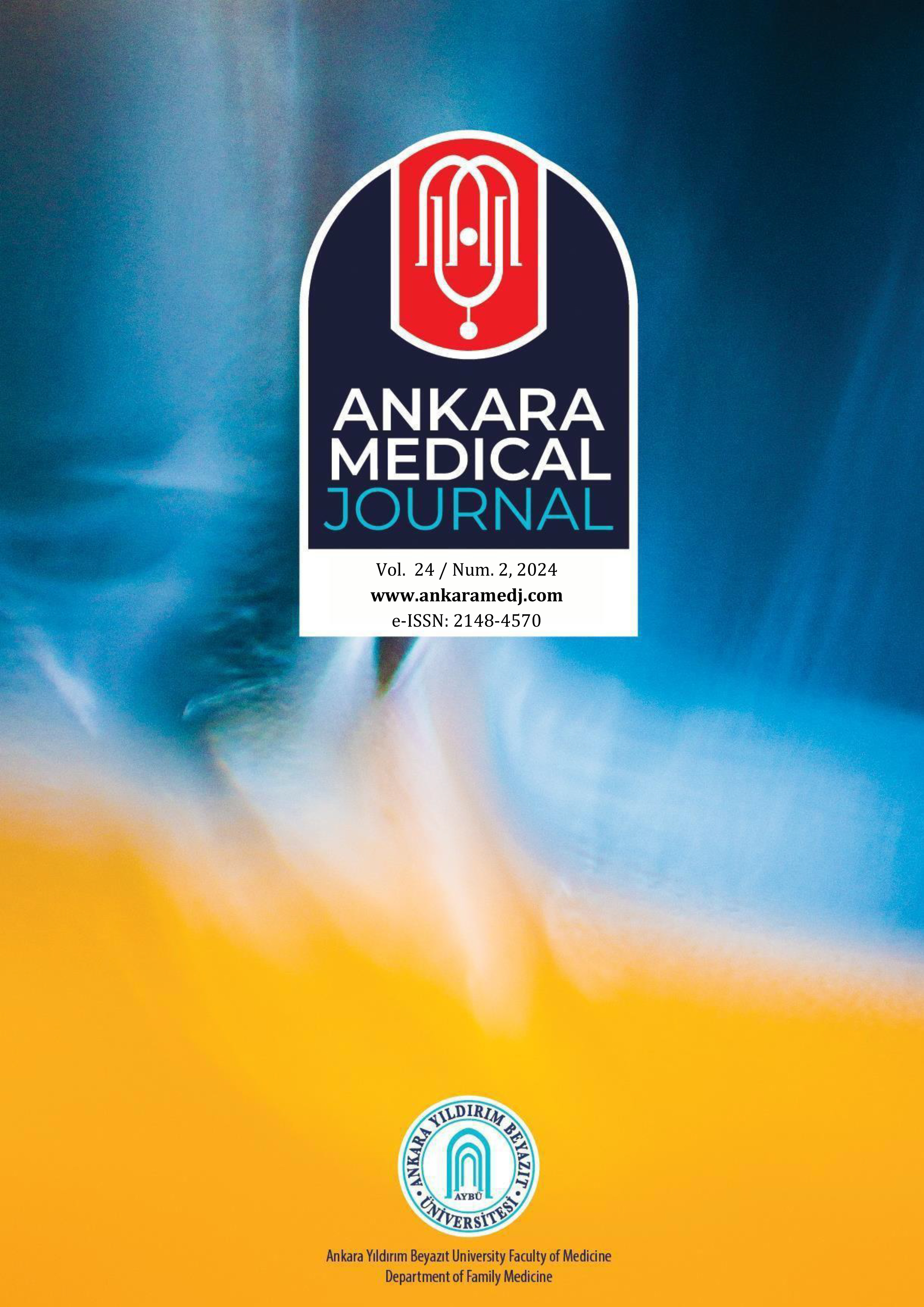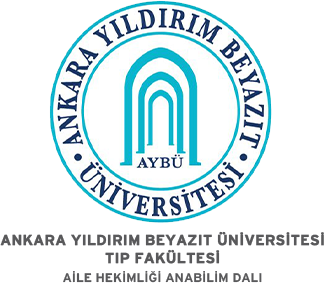Prediction of Addiction Potential in University Students Based On the Role of Mental Health, Self-Efficacy, and Perceived Social Support
Sahar Mohammadnabizadeh1, Maliheh Khalvati21Social Determinants of Health Research Center, Mashhad University of Medical Sciences, Mashhad, Iran2Social Work Department, Mashhad University of Medical Sciences School of Paramedical and Rehabilitation Sciences, Mashhad, Iran
INTRODUCTION: One of the main areas of investigation about substance use among young people is to predict factors of an individual's vulnerability to it and recognize the variables affecting it. This study aimed to investigate of prediction of addiction potential in university students based on the role of mental health, self-efficacy, and structures of perceived social support.
METHODS: In the current cross-sectional investigation 438 students of Mashhad Universities of Applied Sciences were collected using cluster sampling. The data collection tools were the Iranian version of the addiction potential scale, the general health questionnaire, the perceived social support questionnaire, and the Sherer general self-efficacy questionnaire. Data were analyzed by applying SPSS.
RESULTS: The results of the linear regression analysis showed a significant relationship between addiction potential, perceived social support, self-efficacy, and mental health. Furthermore, self-efficacy was the strongest addiction potential predictor.
DISCUSSION AND CONCLUSION: Based on the finding that self-efficacy is the strongest predictor of addiction potential, it is recommended to prioritize interventions and training aimed at increasing self-efficacy beliefs. By providing essential training and interventions that focus on increasing self-efficacy beliefs, we can empower young people to make healthier choices and reduce their vulnerability to addiction.
Manuscript Language: English
(810 downloaded)





